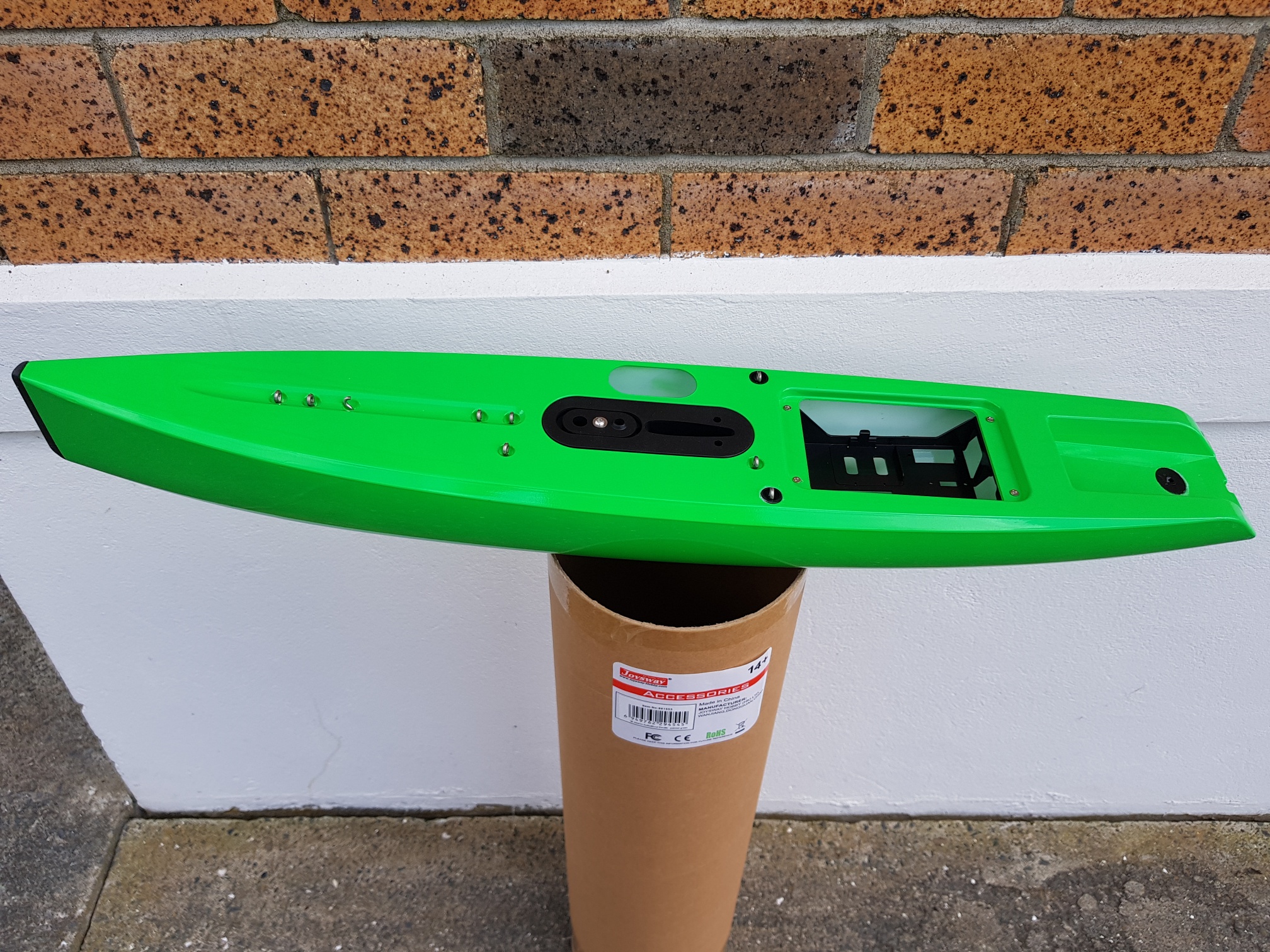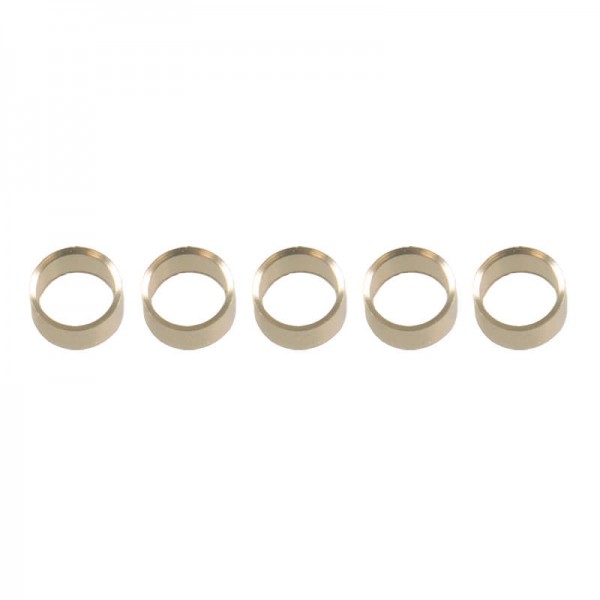Categories
- IOM / RM Mast Tube sections -
- Mast tubes :Carbon Tube sections
- IOM / RM / RG65 Carbon Rudders
- IOM / RM Carbon Fins , Ballast
- Joysway DF 65/95 Yachts & parts -
- Sail Winches & Sail Arm + Drums
- R/C System ,chargers , batteries
- Servos & Recevier -
- Boom Section- Kits & Boom parts -
- Boom Sections -
- Goosenecks - IOM , RM
- Hull & Deck parts
- Rigging & related fittings
- Carbon Fins , other
- Fasteners - Screws , bolts etc
- Yachts -MX-Components -
- Kyosho - Seawind Yachts & Parts -
- Boatbuilding materials -
- Rig kits -
- Covers radio & boat & gadgets
Manufacturers
Technical Product info & Latest news
1/ How Foils sections work on R/C yachts - Info by Ultralite Radio Yachting
Aluminium alloy 7075 is an aluminium alloy, with zinc as the primary alloying element. It is strong, with a strength comparable to many steels, and has good fatigue strength and average machinability, but has less resistance to corrosion than many other Al alloys. Its relatively high cost limits its use to applications where cheaper alloys are not suitable.
7075 aluminum alloy's composition includes 5.1-6.1% zinc, 2.1-2.9% magnesium, 1.2-2.0% copper, and less than half a percent of silicon, iron, manganese, titanium, chromium, and other metals. It is commonly produced in several heat temper grades, 7075-O, 7075-T6, 7075-T651.
Contents[hide] |
[edit] Basic properties
Aluminium 7075 has a density of 2810 kg/m³.[1]
[edit] Mechanical properties
The mechanical properties of 7075 depend greatly on the temper of the material. [2]
[edit] 7075-O
Un-heat-treated 7075 (7075-O temper) has maximum tensile strength no more than 276 MPa, and maximum yield strength no more than 145 MPa. The material has elongation (stretch before ultimate failure) of 9-10%.
[edit] 7075-T6
7075 tech sheet T6 temper 7075 has an ultimate tensile strength of 510 - 538 MPa and yield strength of at least 434-476 MPa. It has failure elongation of 5-8%.
[edit] 7075-T651
T651 temper 7075 has an ultimate tensile strength of at least 462 - 538 MPa and yield strength of 372-462 MPa. It has failure elongation of 3-9%.
The 51 suffix has no bearing on the heat treatment but denotes that the material is stress relieved by control stretching.
[edit] Uses
7000 series alloys such as 7075 are often used in transport applications, including marine, automotive and aviation applications, due to their high strength-to-density ratio.[2][3] Its strength and light weight are also desirable in other fields. Rock climbing equipment, bicycle components, and hang glider airframes are commonly made from 7075 aluminium alloy. The bicycle industry is also using 7005 and 6061 aluminium alloys. Hobby grade RC models commonly use 7075-T6 and 6061 for chassis plates. One interesting use for 7075 is in the manufacture of M16 rifles for the American military. It is also commonly used in shafts for lacrosse sticks, and camping knife and fork sets.
Due to its strength, high density, thermal properties and its polishability 7075 is widely used in mould tool manufacture. This alloy has been further refined into other 7000 series alloys for this application namely 7050 and 7020.
[edit] History
The first 7075 was developed by Japanese company Sumitomo Metal in 1936.[4] 7075 was used for the Zero fighter's air frame of the Imperial Japanese Navy in pre-war times.
[edit] Trade names
7075 has been sold under various trade names including Zicral, Ergal and Fortal Constructal.
Some 7000 series alloys sold under brand names for making moulds include Alumec 79, Alumec 89, Contal, Certal, Alumould, and Hokotol.
[edit] References
- ^ Material Properties Data: 7075-T6 Aluminum
- ^ a b Alcoa 7075 data sheet (pdf), accessed October 13, 2006
- ^ T Hashimoto, S Jyogan (Showa Aluminium), K Nakata, Y G Kin and M Ushio (Osaka University): FSW joining of high strength Al alloy
- ^ JAPAN ALUMINIUM ASSOCIATION (Japanese)


.jpg)

